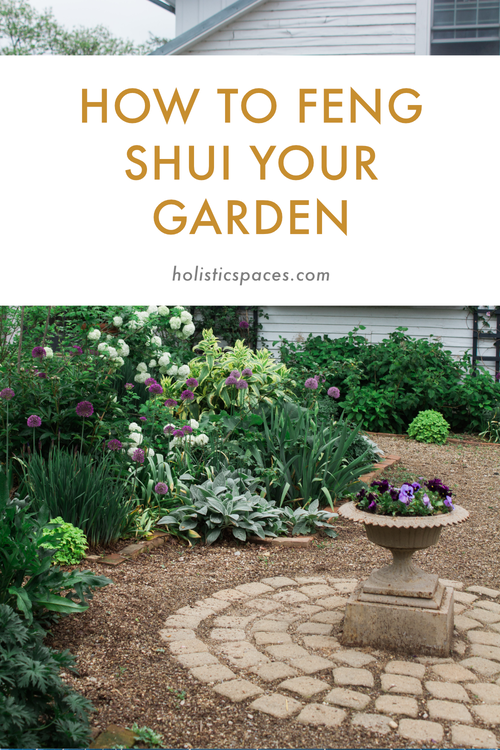Photo by Greg Shield on Unsplash
We’re well into fall here in the Northern Hemisphere, when the weather gets cooler and things start to die away. The leaves on trees start to change color and fall, and things start to get slower as we wind down for the holidays. During this season, we also have more yin time. Yang energy is related to the sunshine, while yin energy is related to nighttime and darkness. During the fall and winter, we have more dark hours of the day and less sunlight.
At its core, feng shui is really about connecting to the cycles of nature. Applying feng shui principles can be a way to engage with these cycles and the changing seasons in our homes and our lives. If you want to really embrace this time of year, here are a few ways you can do this using feng shui principles.
The metal element
First, you can work with the metal element, which is related to autumn. Metal also gives way to water, which is connected to the season of winter that we’ll be moving into next. One way to embrace the metal element is just to understand that we are moving into a time where things are falling away, and that it’s okay to let go of things. It’s okay to be going through a transition. The metal element has the feeling of a sword or scissors cutting through something. What do you need to cut through? What do you need to let go of that is no longer serving you? Once you’ve done some reflection on this, take action. Metal is about movement and taking steps to move things forward, not staying still. It’s also about contraction and becoming more compact. Think of an acorn: it has all the energy and wisdom of an oak tree, but in a smaller package.
Protect your neck
My acupuncturist always tells me to protect the back of my neck during this time of year as it’s getting colder. It’s a good idea to protect this part of your body from the wind. There’s actually an area of the feng shui bagua that’s related to your neck and head, and it’s usually near the front door. To support this part of your body and your home, make sure you have extra protection from wind and drafts.
Accept sadness
With the change in seasons, some people start to feel more sad. The metal element is connected to sadness as well. If this resonates with you, I would encourage you to recognize that it’s okay to feel sad. If there were never any sadness, you would also never feel any joy. It’s a part of life. It’s not about trying to eradicate sadness, because there is always sadness in the world. Begin to embrace all parts of you, including the sad parts.
If you are feeling very low and sad because of the waning light, there are a few practical things that you can do. You might want to bring in more full-spectrum lights to use during the day, and go out in the sun more. You can also look at how things are placed in your home. Is your bed or the artwork in your home placed especially low? If your mood feels low, and especially if you have a tendency towards depression, you might want to pay attention to this, and maybe take some time to lift the qi of your home. You might want to get a taller bed frame, or add a box spring or lifts for your bed. You also might want to carefully rehang one or more pieces of art. Take it off the wall, dust it, and place it even just an inch higher to lift your qi and raise your spirits.
I hope these tips help you to welcome autumn!
by Anjie Cho
If you’d like to learn more about feng shui, check out Mindful Design Feng Shui School at: www.mindfuldesignschool.com






